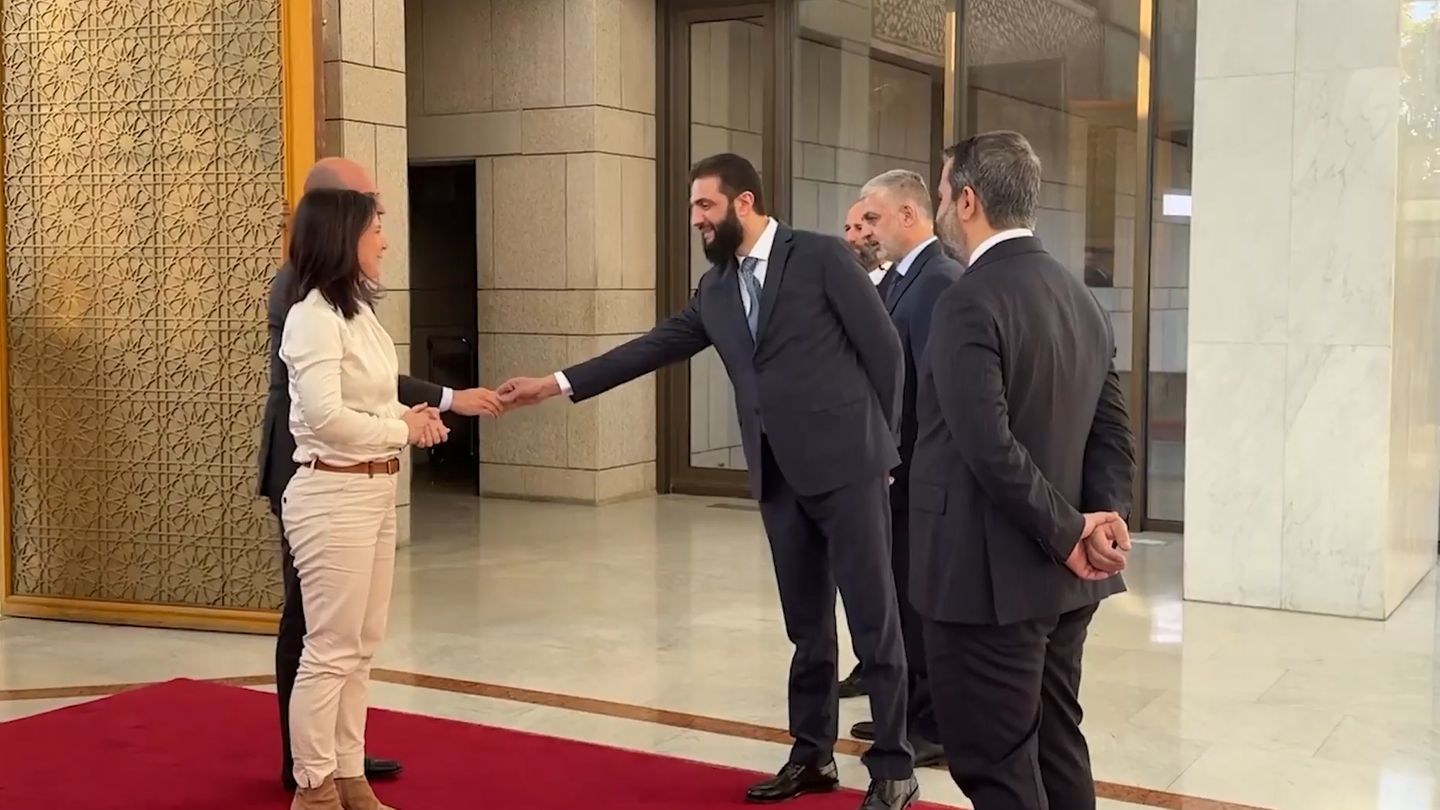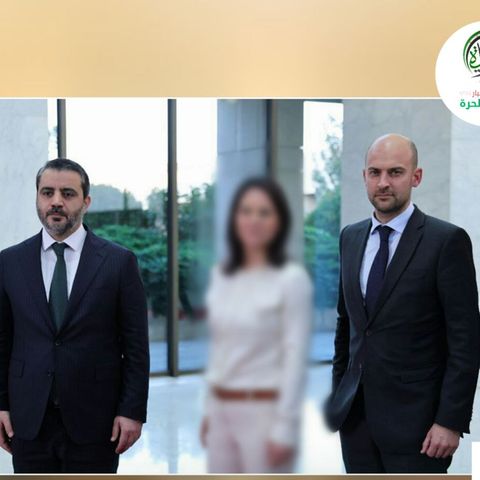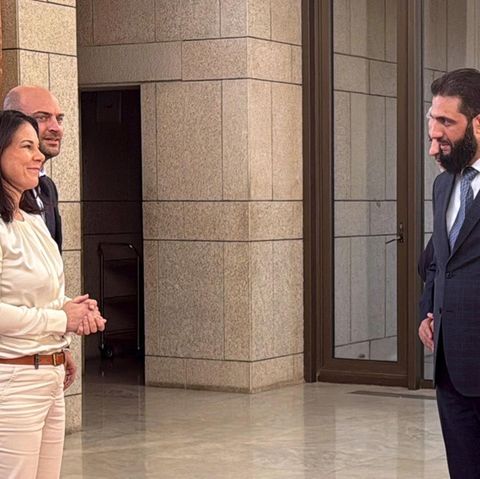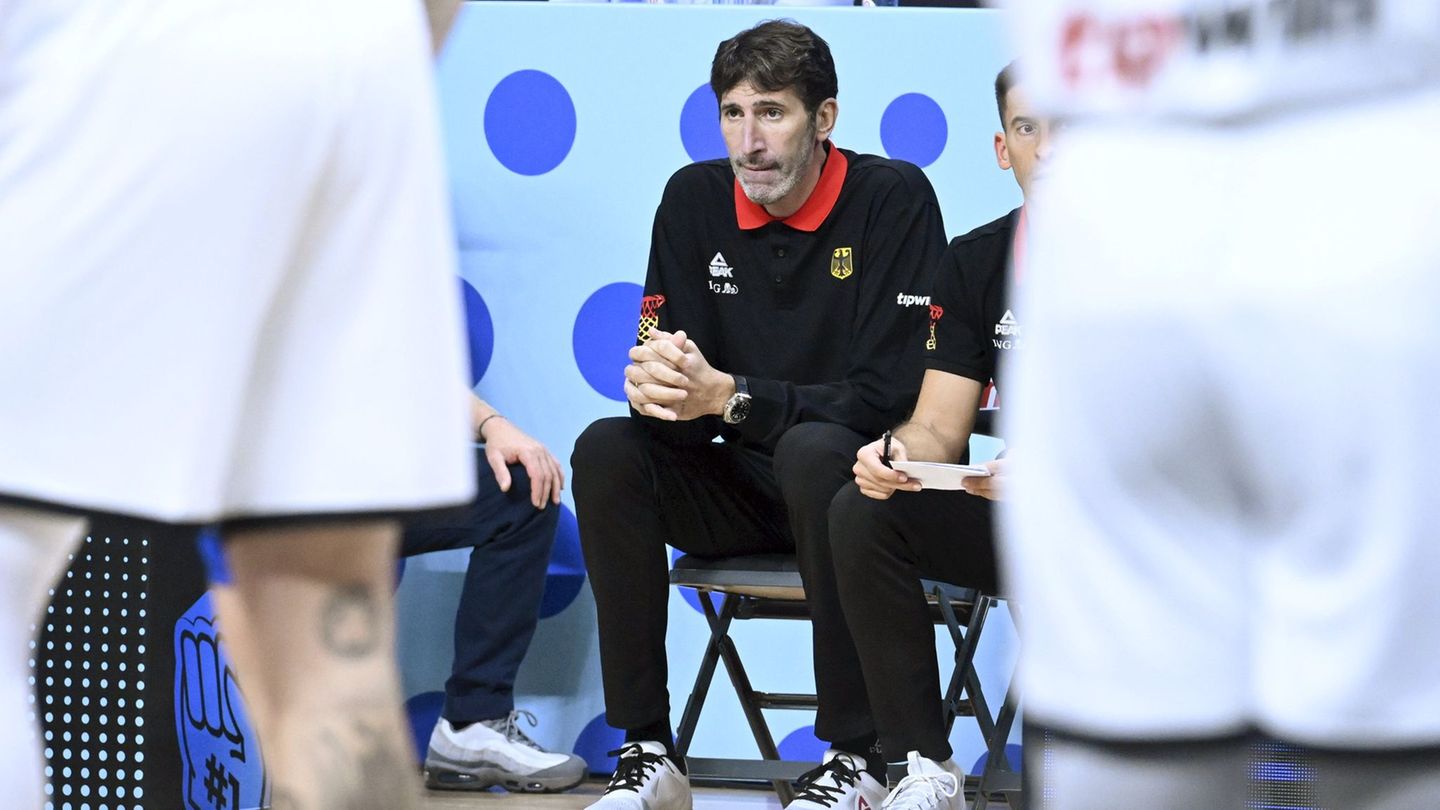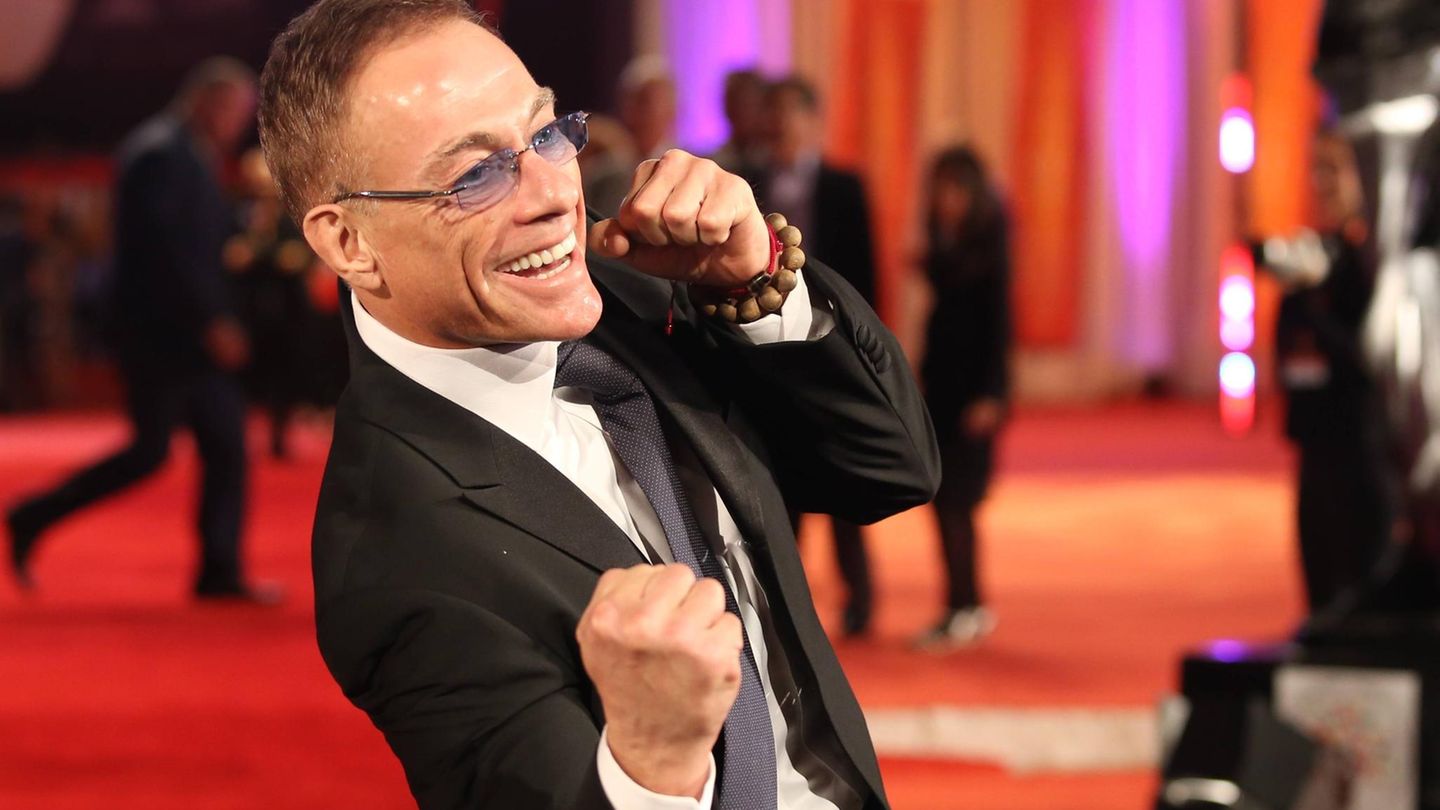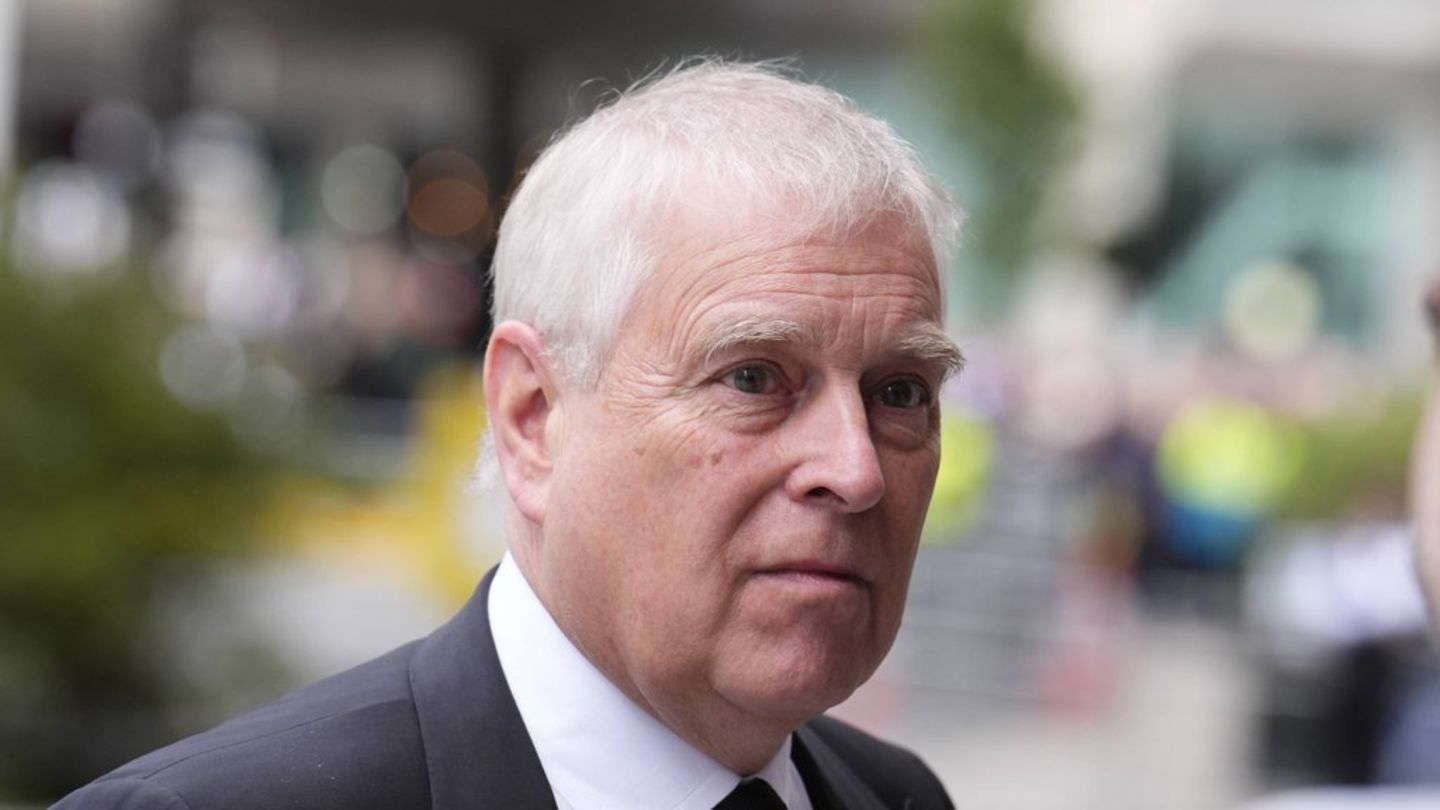Baerbock’s trip to Syria
Expert on handshake scandal: “Disrespectful? Depends on the perspective”
Copy the current link
Annalena Baerbock’s visit to Syria continues to cause discussions: The new ruler Ahmed Al-Sharaa did not shake hands with the German Foreign Minister. Is this a scandal?
Last week Foreign Minister Baerbock was in Syria. Why didn’t the new ruler, Ahmed Al-Sharaa, shake her hand?
This has nothing to do with Islamism or jihadism. Conservative Muslims often – not always – do not shake women’s hands and instead place it respectfully on their hearts. And that is exactly what Ahmed Al-Sharaa did. Is that disrespectful? That depends on the perspective.
Dr. Carsten Wieland is a Middle East expert, researcher and policy advisor. The Mannheim native advised the UN special envoy for Syria from 2014 to 2019.
On the perspective?
From the perspective of a conservative Muslim, what Al-Sharaa did is a gesture of respect. From the perspective of a culturally different European, this may be unusual or even perceived as disrespectful.
What image of women and men means that different genders cannot shake hands?
In fact, it is not only in Islam that some men do not shake hands with women. Or the other way around – women not men. This can also be the case with Orthodox Jews, and in conservative Christianity touching is sometimes difficult. This is a conservative, religious view of people and the world in which it is assumed that every touch between a man and a woman could trigger sexual feelings. Of course, this is not literally the case at a state reception like this, but it is part of this cultural habitus.
The reception apparently went well anyway – Annalena Baerbock said afterwards that she hadn’t expected a handshake at all.
Journalists have reported that Baerbock was prepared and made no accusations about it. That means she was well briefed. It’s a bit surprising that we focus on such a small thing when there are actually so much bigger issues at stake. The new ruler Ahmed Al-Sharaa has to balance between different groups within his own coalition. He is in a political and military alliance in which there are even more radical forces. He’s currently trying to somehow keep different interests and different worldviews together.
Sounds like a tightrope act.
We in the West abandoned the moderate forces of possible change thirteen years ago. Now suddenly there are others who have liberated Syria. If we look around the world, there are certainly several heads of state who would not greet a politician from abroad with a handshake. We still talked to them. If we think about the fact that female politicians in Iran and other countries appeared with headscarves – then I thought it was good that no one, not the translator, not even Minister Baerbock, appeared in the headscarf, but that the delegation here was self-confident and not in a anticipatory obedience occurred. Because Damascus is not Tehran or Kabul.
Was the visit right from your point of view?
None of us have a crystal ball. We don’t know where Syria is going. But I think that the visit by the Foreign Minister and the French Foreign Minister is an important accent at the right time and can be justified without a handshake.
What did the two of them want to achieve with their visit?
What most international politicians now traveling to Damascus are trying to do. Namely, to make contact and to relatively quickly influence this change that is currently taking place in Syria. But: A Syria that once again drifts into chaos and violence will not be a Syria in which women’s rights, minority rights, a civil society or improvements in governance can be achieved. This means that the economic, political and social situation in Syria can only be improved if the country is stable. We have to think in phases. And in the first phase, every country in transition needs stability as a starting point.
And when this phase of stabilization is over?
After that, demands for universal values and human rights as well as a government legitimized by the people must become ever louder. And I’m really not just talking about foreign actors, but primarily about Syrians themselves. Also those who live with us, who have now experienced democracy and the rule of law for many years. Many have contacted me and have now gone back to Damascus to get involved there. Now it is up to the Syrians to resolve the local controversies openly and fairly among themselves, which the new political freedom makes possible – so that this freedom is not given away again.
Source: Stern
I have been working in the news industry for over 6 years, first as a reporter and now as an editor. I have covered politics extensively, and my work has appeared in major newspapers and online news outlets around the world. In addition to my writing, I also contribute regularly to 24 Hours World.

